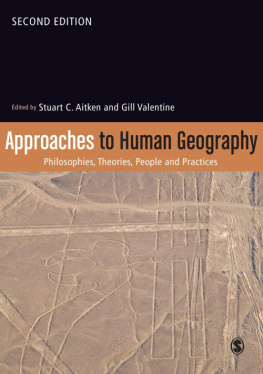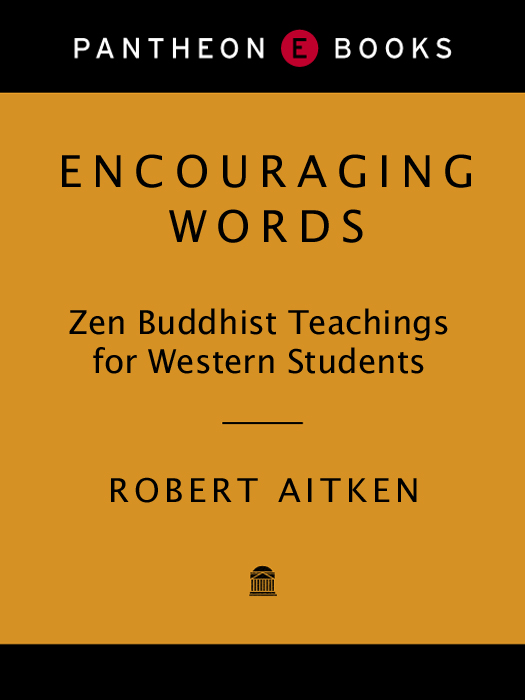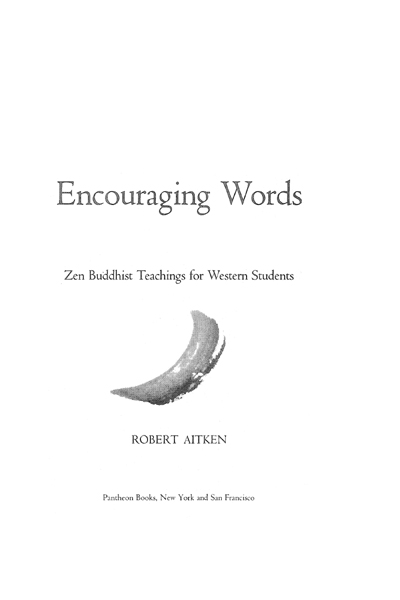ALSO BY ROBERT AITKEN
The Dragon Who Never Sleeps
The Gateless Barrier
The Mind of Clover
The Practice of Perfection
Taking the Path of Zen
A Zen Wave
Copyright 1993 by Robert Aitken
All rights reserved under International and Pan-American Copyright
Conventions. Published in the United States by Pantheon Books, a division of Random House, Inc., New York, and simultaneously in Canada by Random House of Canada Limited, Toronto.
Originally published in hardcover by Pantheon Books, a division of Random House, Inc., in 1993.
Portions of Words in the Dj were previously published in Blind Donkey. Words from the Rshi were previously published in newsletters of the Diamond Sangha. The story about Sulak Sivarasksa, beginning on , appeared as part of an essay in Studies in Formative Spirituality, Vol. XIV, No. 1, February 1993.
Library of Congress Cataloging-in-Publication Data
[Aitken, Robert, 1917]
Encouraging words / Robert Aitken.
p. cm.
1. Spiritual life Zen Buddhism. 2. Zen Buddhism Doctrines.
I. Title.
BQ9288.A35 1993
294.3 444 dc20 92-50467
eISBN: 978-0-307-77251-0
v3.1_r1
For Anne
Wishing to entice the blind,
The Buddha has playfully let words escape his golden mouth;
Heaven and earth are ever since filled with entangling briars.
Dai Kokushi
(Translated by Daisetz T. Suzuki,
Manual of Zen Buddhism)
CONTENTS
ACKNOWLEDGMENTS
First and foremost, I am grateful to my teacher, Yamada Kun Rshi, whose exacting guidance and compassionate trust encouraged me to stand on my own feet.
David Steinkraus helped me to edit these pieces, to arrange them in good order, and to sort out and correct the back matter. Jack Shoemaker of Pantheon Books deftly brought coherence to the manuscript with his developmental editing, and Jason Binford accordingly helped to rearrange the text and prepared the index. Nil zbek transcribed many of the pieces, Trish Dougherty and Johanna Bangeman the others. Anne Aitken studied the penultimate draft and made cogent suggestions. It was Annes idea to note down my extemporaneous Words in the Dj, and she insisted that I record them when she was absent.
We used the occasion of preparing the manuscript of this book to revise the translations in our Daily Zen Buddhist Sutras for inclusion in the Syllabus. We held classes at Koko An to discuss some of them. Joseph Bobrow, Kazuaki Tanahashi, and Norman Waddell sent helpful recommendations from afar. Ryz Yamaguchi, Priest of the Myshinji branch temple on Maui, shared his expertise generously. I am grateful to all members and friends for their loving support over the years as this book gradually came together.
Finally, I wish to acknowledge the lifework of such eminent students of Buddhism as Thomas Cleary, Daisetz T. Suzuki, and Kazuaki Tanahashi, whose translations I cite for reference. I work with less accessible texts in Chinese and Japanese as well, so my translations will sometimes differ from those cited.
R.A.
Koko An Zend
Spring Training Period, 1992
INTRODUCTION

The establishment of Zen Buddhism in the West can be traced to Dr. Daisetz T. Suzukis Essays in Zen Buddhism: First Series, published in London by Luzac in 1928. At about that same time the monk Senzaki Nyogen Sensei established the first Western Zen center in San Francisco. There had been earlier introductions, notably with the appearance of Shaku Sen Zenji at the World Parliament of Religions in Chicago in 1892, and with the transmission of Zen and Chan Buddhism to the United States around the turn of the century to serve immigrant populations. It was Suzuki and Senzaki, however, who cleared the way for the naturalization of Zen as something Western. Dr. Suzukis three volumes of essays on Zen, his Training of a Zen Buddhist Monk, Manual of Zen Buddhism, and other works introduced the religion to Western intellectuals, and Senzaki Senseis teaching centers offered the way of practice. The priest Sasaki Shigetsu followed soon after Senzaki, and founded the Buddhist Society of America in New York, later renamed the First Zen Institute of New York. More roshis followed: Suzuki Shunry founded the Zen Center of San Francisco in the early 1960s, and later in that same decade Sasaki Jsh established centers in Southern California and New Mexico, Nakagawa Sen and Yasutani Hakuun led retreats in Hawaii and on the East and West coasts of the United States, and Maezumi Hakuy established the Zen Center of Los Angeles. These teachers and others were able to encourage the growth of a Zen movement in North America and elsewhere in the Western world. The Diamond Sangha is part of this larger movement, and was established in Honolulu in 1959. Finally, in more recent times, Korean and Vietnamese teachers have enriched the process.
As Western Zen students we have experienced certain problems during the acculturation process, some of them relating to our own perceptions and motives. It has been clear from the outset that Zen Buddhism offers understanding and strengths we missed in our own ways of life, but as we got better acquainted with our new religion, we have found that it was monastic, and perhaps not readily translatable into our egalitarian society. Certain cultural accretions are firmly embedded in the traditional way and seem unsuitable in the Western context. Our task, in relatively short order, has been to distinguish what is relevant from what is not, and to turn on some lamps that our ancestors left dark no easy chore.
One such lamp would illuminate the lay path of marriage, children, and career. As Westerners our natural predilection is to seek ways to practice rigorously at home and in the workplace, a path some ancestral teachers thought impossible. Moreover, the unspoken understanding in the Far East has been that Zen is a practice for men. We are recasting the Dharma to include women, jobs, and family a fascinating course with many pitfalls. A sticking point has been the lack of any specifically Buddhist moral code within the teaching of Japanese Zen masters. Though Mahayana Buddhism, the tradition of the Buddha Way found in East Asia, teaches the innate value of each being and the essential harmony of the universe, we find the Precepts of the Buddha treated metaphysically rather than practically in the Zen tradition. The old teachers turned to Confucianism, and to a lesser degree to Shinto, rather than to their own Buddhist heritage for day-to-day guidance in social affairs. As Westerners we are not as familiar with Confucianism or Shinto as we would be if we had learned of it from birth and lived within it. So we are left with the task of formulating and presenting a code of daily living as lay people that is in keeping with the basic teachings of Zen Buddhism. Much of my concern lies within this realm.
Similarly, the various traditional formulations and applications of Zen Buddhist experience have not extended very much into politics and economics. This is not just a Far Eastern lacuna but can be found throughout the history of Buddhism with a few outstanding exceptions, notably the edicts of King Ashoka and certain episodes in the life of the Buddha himself. From very early times the Buddhist Sangha stayed quite separate from worldly affairs. Then when Mahayana Buddhist missionaries moved into China, Korea, and Japan, they found indigenous religions already in place. They were permitted to establish their monasteries and practice on sufferance, and they knew they would risk their very existence if they organized for peace, social justice, or protection of the natural world in resistance to their government, if indeed such a notion ever occurred to them. Generally they took the position of many Christian leaders down through the ages, of just keeping quiet. Sometimes they would actually lend religious authority to political and economic power. When the government impinged on their lives, as it inevitably did from time to time, they would generally simply adjust to this as part of their karma.


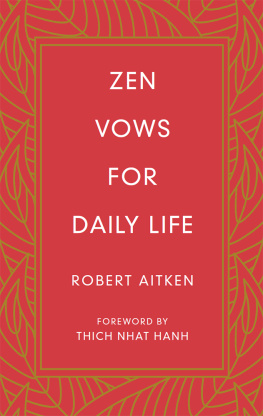


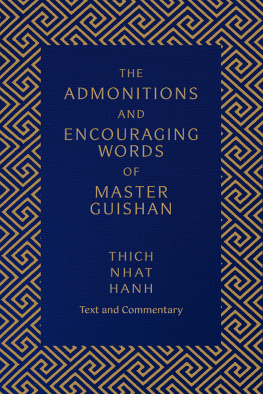
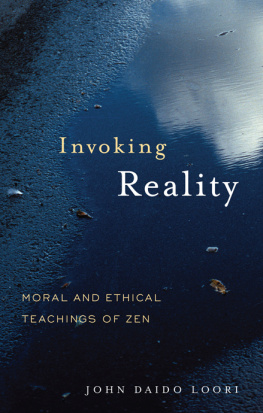

![Ben Aitken [Ben Aitken] - A Chip Shop in PoznaЕ„](/uploads/posts/book/140582/thumbs/ben-aitken-ben-aitken-a-chip-shop-in-poznae.jpg)
